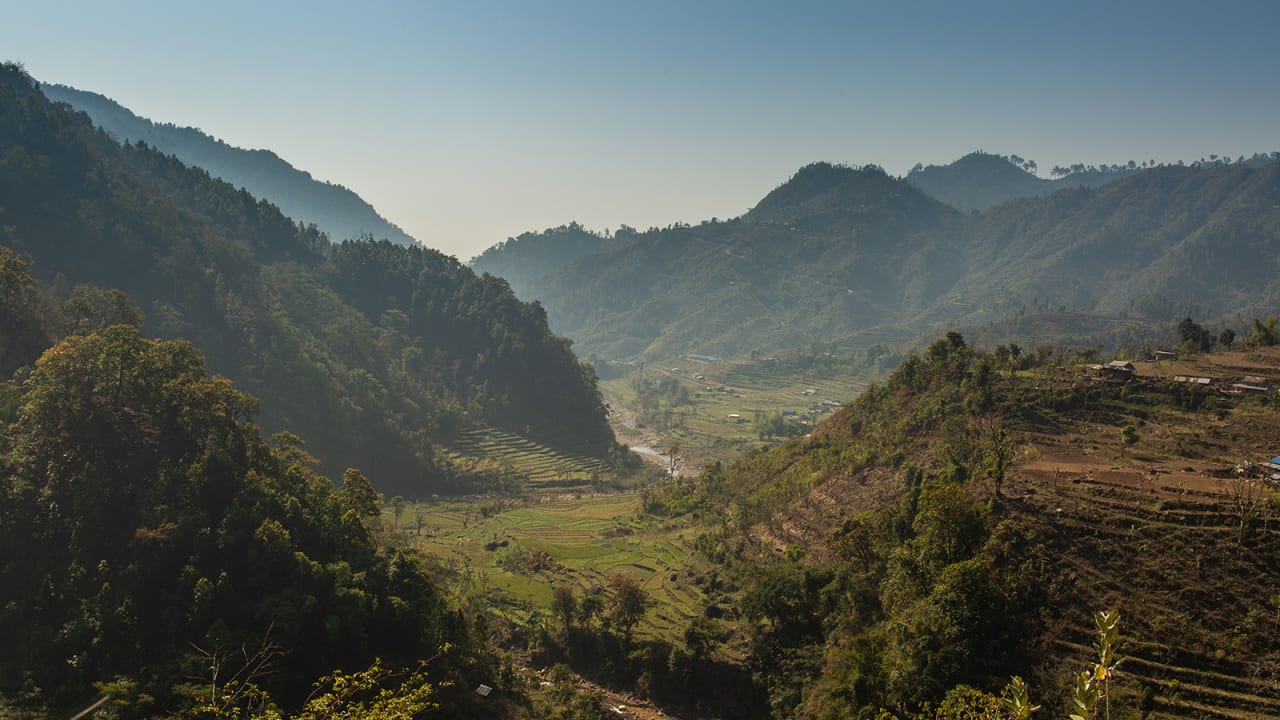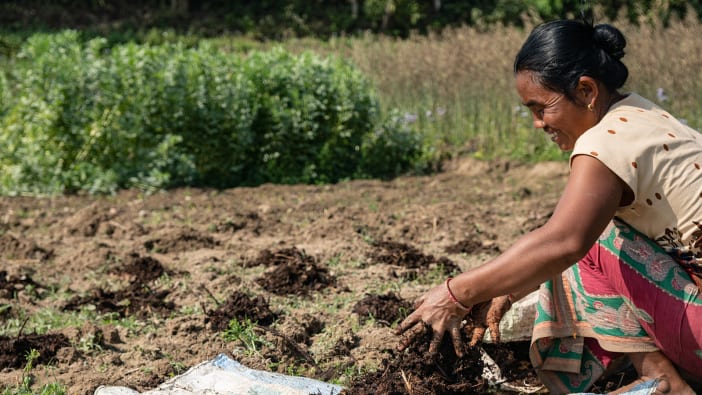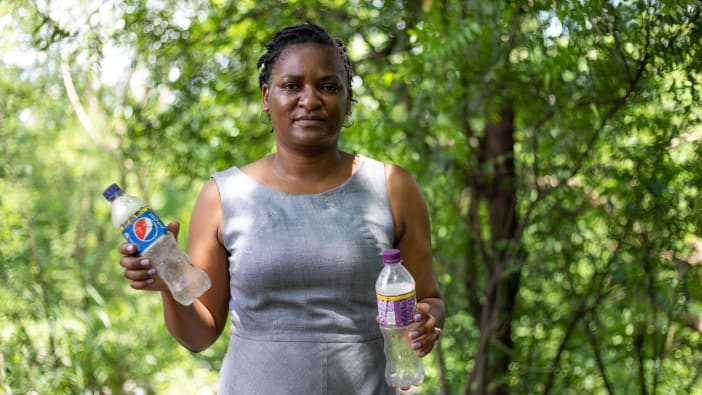In the old structure, within the local government entities, a system of community bodies, such as Ward Citizens Forums (WCFs) and Citizens Awareness Centres (CACs), were established. These community bodies were intended to bridge democratic processes between citizens and local governments by considering local issues in their villages or wards and joining them up with higher-level initiatives if appropriate, or by helping to localise central government mandates. Unfortunately, however, in the remote village of Dhaulabaseni, a village within the Hupsekot village development committee region in the former Nawalparasi District of Nepal, no one ever brought their issues to their village council meeting.
To address this issue of villagers not engaging in their local democratic processes, Tearfund partner, United Mission to Nepal (UMN), organised a four-day participatory planning process (PPP) training for the Hupsekot village development committee to equip local facilitators to facilitate planning and other development processes. This training taught participants to identify and prioritise community issues; about the budgeting and planning process of the Nepalese government; and important skills like proposal development, budget allocation, and coordination. The training by UMN equipped a local level facilitator, Mr. Om Bahadur Saru, to start the planning process in his own village, Dhaulabaseni.
Using his UMN training, the facilitator empowered his neighbours by providing civic education sessions. He also coordinated with stakeholders who could directly influence the government’s planning processes, such as the VDC secretary, political parties’ representatives, and coordinators of adjoining Ward Citizen Forums. Afterward, Dhaulabaseni’s facilitator organised a village meeting to identify the community’s issues. Many problems were raised in this meeting, many of which couldn’t be addressed due to limited budget and resources. However, after further discussions in the village, they agreed that a road for Dhaulabaseni was their top priority.
The VDC approved this project and allocated a small budget for the work. This money supported the village to meet together and discuss building the road. The villagers decided to construct the road themselves. Each household donated their time and labour to construct the road. The villagers’ labour in exchange for cash combined with the VDC’s financial contribution allowed for the new road to be completed.
Before UMN trained the village’s facilitator, Dhaulabaseni wasn’t connected to a road network. Children, the elderly, and pregnant women especially faced difficulties reaching hospitals for necessary medical care. Farmers were unable to transport agricultural products to local markets easily. Now, this new road means that everyone who needs medical treatment in the village is easily able to reach the hospital and farmers are taking their produce to nearby towns. Therefore, the community’s health and livelihoods have improved due to this road. Furthermore, there are now more remote villagers able to engage in the democratic processes affecting their lives due to UMN’s training for facilitators.







